Of course, Bangladesh is a sovereign nation with its own constitution to govern itself and uphold the rule of law. However, what is disheartening is that it is fast beginning to mirror Pakistan—a country globally associated with political instability, institutional decay, and recurring episodes of ‘lawlessness’ despite possessing a constitutional framework.
Bangladesh’s current moment, therefore, can be understood not just as a national crisis but as part of a broader regional cycle where democratic aspirations routinely collide with political dysfunction.
Two of the most striking examples are Sheikh Hasina of Bangladesh and Zulfikar Ali Bhutto of Pakistan. Each of them rose to the pinnacle of authority, reshaping their countries in profound ways, only to face equally dramatic downfalls that culminated in legal proceedings widely criticised for their political undertones.
Although the two cases occur in different eras and national contexts, a comparative study reveals the vulnerability of democratic institutions and the complicated role of the judiciary in moments of political transition.
Backgrounds and rises to power
Zulfikar Ali Bhutto emerged in the 1960s as one of Pakistan’s most charismatic and dynamic political leaders. After distinguished legal education abroad, he entered public life, eventually founding the Pakistan People’s Party (PPP) in 1967 on a platform of Islamic socialism.
Following the disintegration of Pakistan and the birth of Bangladesh, Bhutto became president in 1971 and later prime minister in 1973 under a new constitution. He embarked on sweeping reforms, including major nationalisation initiatives, land policies and the pursuit of Pakistan’s nuclear programme. His leadership redefined Pakistan, but also generated strong Opposition from sectors alienated by his policies or fearful of his growing personal power.
Sheikh Hasina, by contrast, rose to prominence not through ideological innovation but through her lineage and persistence. As the daughter of Sheikh Mujibur Rahman, the founder of Bangladesh, she became the principal custodian of the Awami League tradition. Her political career was shaped by personal tragedy, as much of her family was assassinated in 1975. Hasina led the Awami League through alternating periods in government and Opposition before establishing a firm grip on power after 2009.
Quick Reads
View AllOver the next 15 years, she oversaw rapid economic growth, ambitious infrastructure projects and significant social development indicators. At the same time, her critics accused her of eroding democratic freedoms, centralising authority, undermining the judiciary and suppressing dissent. By the early 2020s she had become the most dominant political figure in Bangladesh since independence, but this dominance bred resentment and set the stage for the dramatic events that eventually toppled her.
Downfalls and legal proceedings
Bhutto’s downfall began in 1977, after opposition parties accused him of orchestrating electoral fraud in parliamentary elections. The protests that followed destabilised the government, and on 5 July 1977, Chief of Army Staff General Muhammad Zia-ul-Haq ousted Bhutto in a military coup.
Martial law was declared, political activity was frozen, and Bhutto was soon arrested. His trial on charges of authorising the murder of a political opponent became a defining moment in South Asian legal history. Conducted in the Lahore High Court rather than a trial court, the proceedings were widely perceived as biased, restricted and influenced by the military regime.
Despite domestic and international criticism, Bhutto was convicted in 1978, and the Supreme Court narrowly upheld the verdict. On 4 April 1979, he was hanged in Rawalpindi Central Jail, an execution that many characterised as a politically motivated judicial killing. Decades later, Pakistan’s Supreme Court acknowledged that Bhutto had not received a fair trial, reflecting the enduring controversy surrounding the case.
Hasina’s fall was precipitated by a massive student-led uprising during the summer of 2024. The protests, sparked by anger over job quotas and broader grievances regarding governance and democratic backsliding, escalated into widespread unrest. Security forces responded with force, resulting in a high death toll.
Amid the chaos, Hasina’s government collapsed, and she fled the country, eventually taking refuge in India. An interim administration assumed control, and in 2025 the International Crimes Tribunal, originally created during her own tenure to prosecute 1971 war criminals, initiated proceedings against her.
The tribunal charged Hasina with crimes against humanity for allegedly ordering or failing to prevent lethal force against protesters. Tried in absentia, she denied all allegations and described the process as entirely political. On November 17, 2025, the tribunal convicted her and imposed a death sentence. Because she remains outside Bangladesh, the verdict has not been executed, but it has dramatically altered her political legacy and that of her party.
Why a parallel
The parallels between the two cases are striking, despite the decades that separate them. Both Bhutto and Hasina towered over their political situation, ruling with a mixture of popular support and increasingly centralised authority. Each faced rising discontent from opposition forces that accused them of authoritarian tendencies. Their removals from power were abrupt and occurred during moments of intense national crisis. Most importantly, each leader became the subject of legal proceedings that were influenced by political calculations rather than insulated from them.
Yet the differences are equally important.
Bhutto was overthrown by a direct military coup, while Hasina’s downfall resulted from sustained civilian protest, although the military and security forces played important roles in both contexts. Bhutto was physically in Pakistan, arrested by the regime, tried in open court and executed.
Hasina, by contrast, was outside the country and prosecuted in absentia, raising questions about enforcement and international diplomacy. The nature of the charges also diverges. Bhutto faced the accusation of involvement in a single political murder, whereas Hasina faces allegations of systemic and mass violations of human rights during a large-scale crackdown.
The judicial forums differ too as Bhutto was tried in a standard (if distorted) judicial hierarchy, while Hasina was prosecuted before a special tribunal.
These differences shape the ways their respective societies interpret their fates. Bhutto has been rehabilitated in the public memory as a martyr of military injustice. His party still remains a significant player in national politics, and his execution is now widely recognised as a grave miscarriage of justice.
Hasina’s legacy remains deeply contested, at least for now. Her supporters view her as a visionary leader toppled and targeted by political enemies, while her critics disagree. The tribunal’s verdict has only deepened political polarisation and will continue to influence Bangladesh’s political trajectory.
Judiciary, power and institutional fragility
The trials of Bhutto and Hasina highlight a critical issue in South Asian governance – the complicated relationship between law and political power. In theory, accountability for state violence or abuses of office is essential to democratic health. In practice, when institutions lack independence or become instruments of political forces, trials can blur the line between justice and retribution.
Bhutto’s trial demonstrated how the judiciary can be co-opted under authoritarian rule. The Zia regime used legal forms to eliminate a political rival, undermining judicial credibility for generations. Hasina’s case raises different but related concerns. The tribunal trying her was created under her own administration, but its use against her in a period of transitional turbulence raises doubts about impartiality and due process.
Bangladesh’s political institutions, like Pakistan’s in the 1970s, are struggling under the weight of competing visions of legitimacy.
Implications for democracy
Bhutto’s execution had profound consequences for Pakistan’s political evolution. It entrenched military dominance, weakened political parties and contributed to decades of institutional imbalance.
Bangladesh faces its own uncertain future. The conviction of Hasina and the banning of her party have reshaped the political landscape. Much depends on whether institutions can assert independence and whether political competition can operate without fear of repression or revenge.
For now, while Bhutto’s place in history is now largely settled, Hasina’s remains in flux. What is clear, however, is that both cases serve as stark reminders of the need for robust institutions, independent judiciaries and political cultures that resist the temptation to use legal systems as instruments of vengeance.


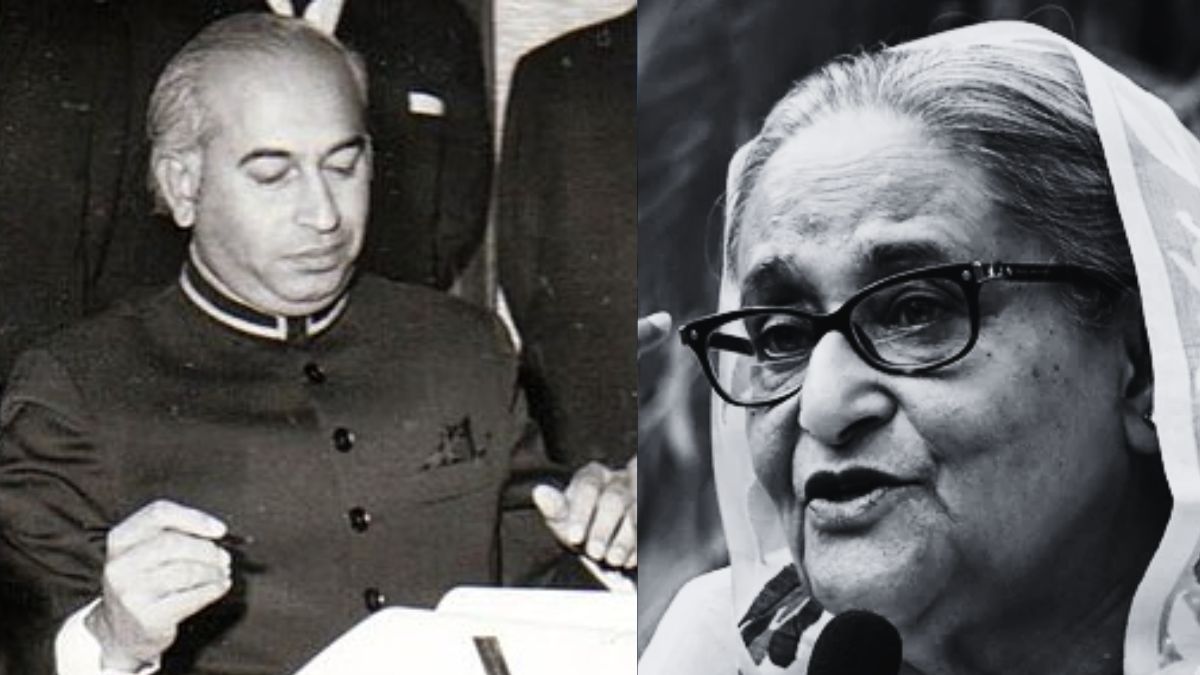)

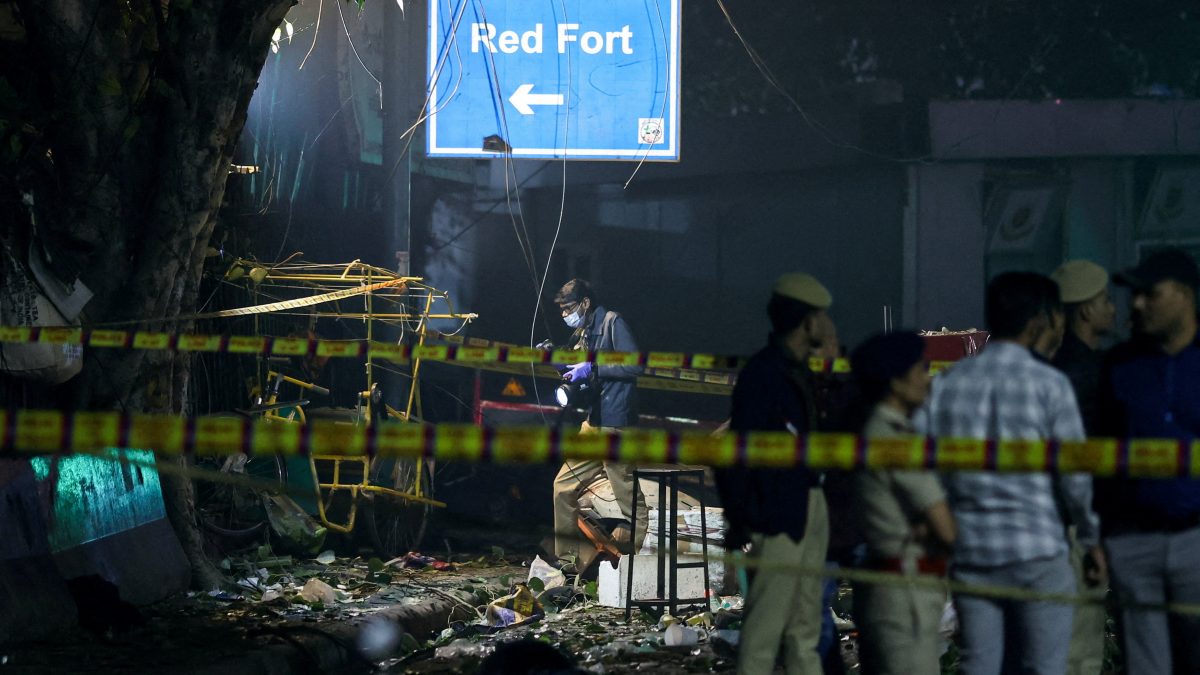)
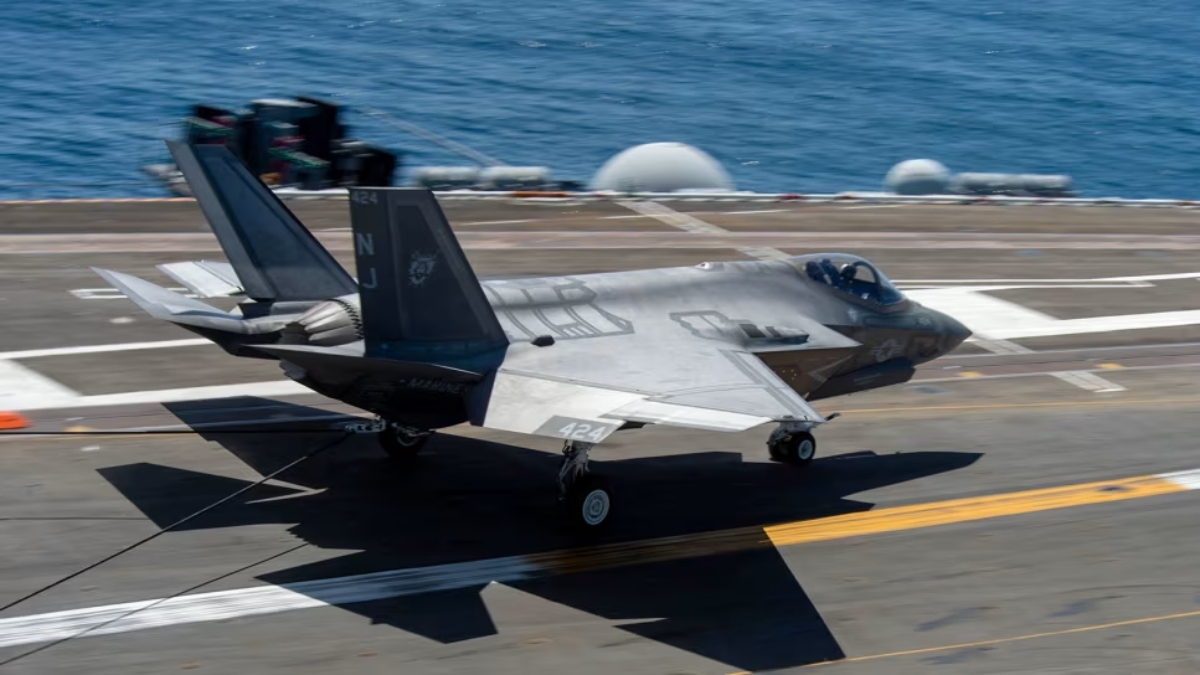)
)
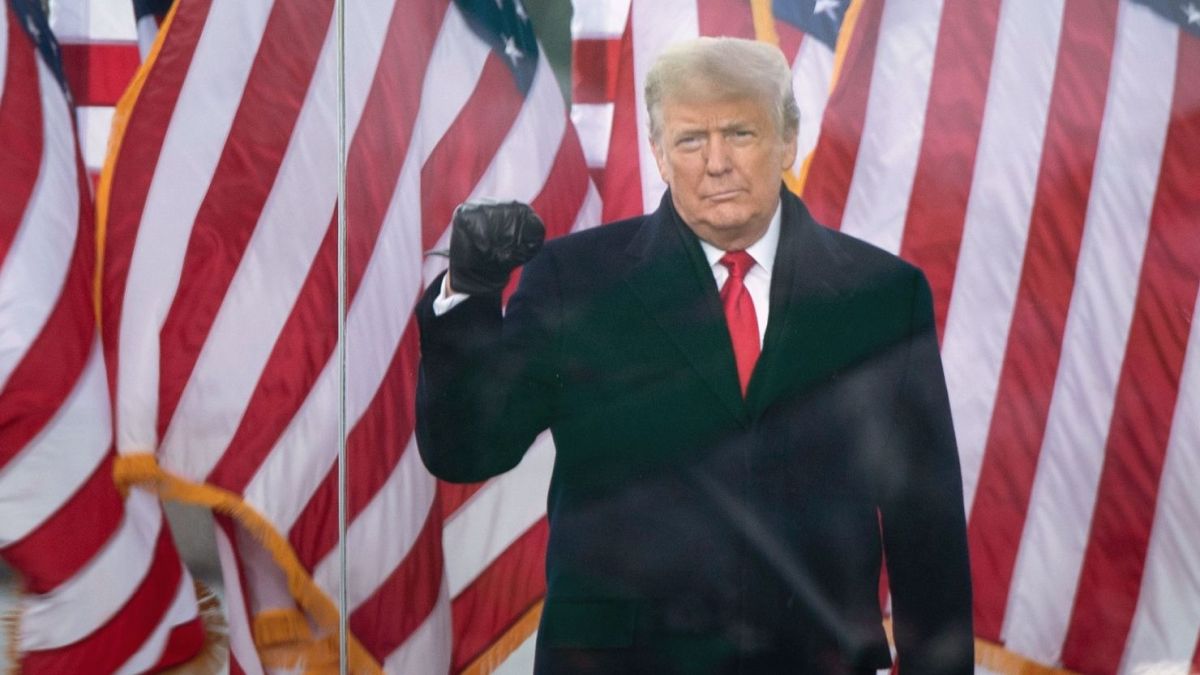)
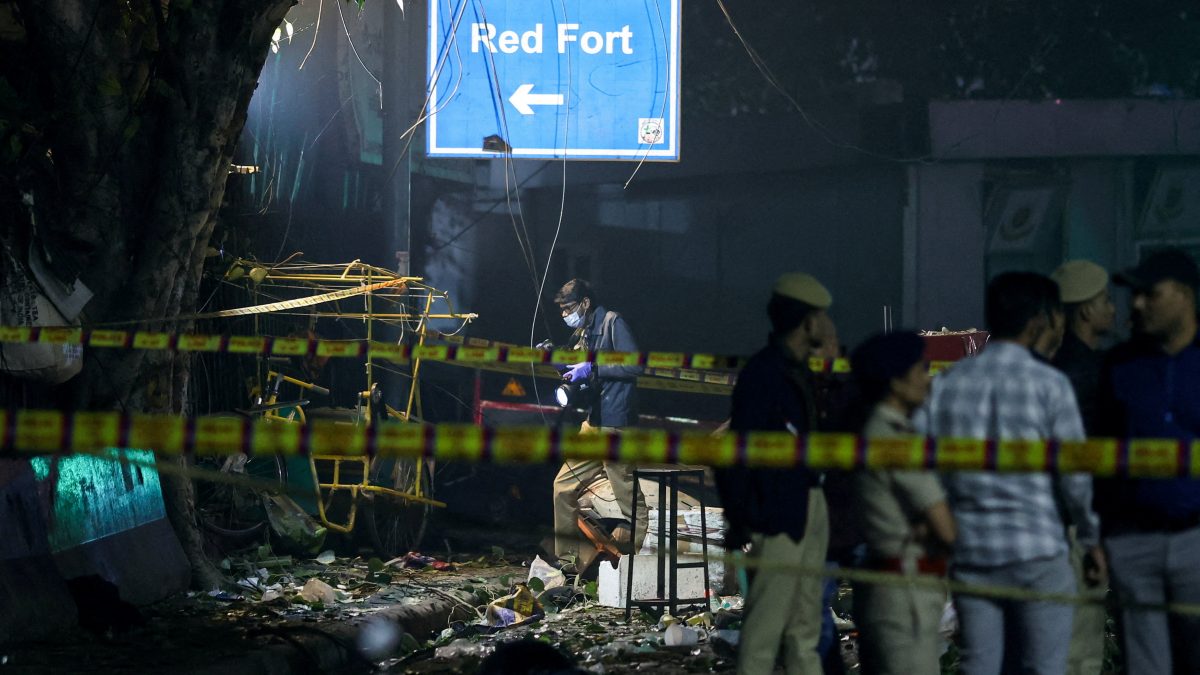)
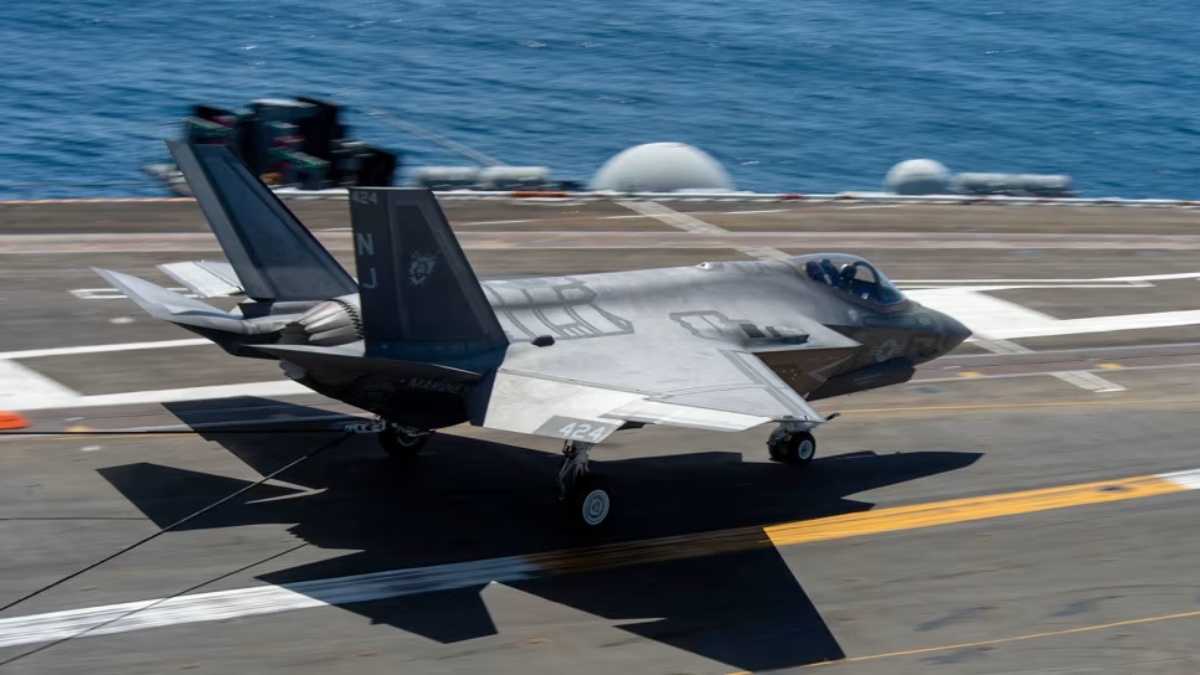)
)
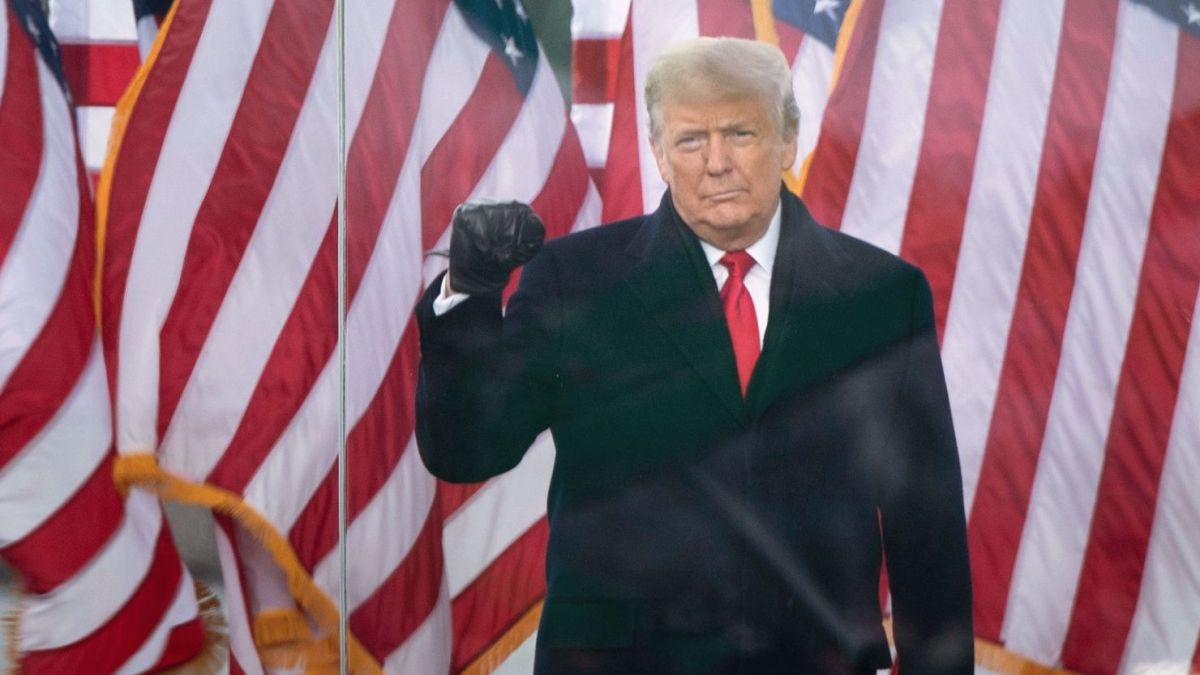)



